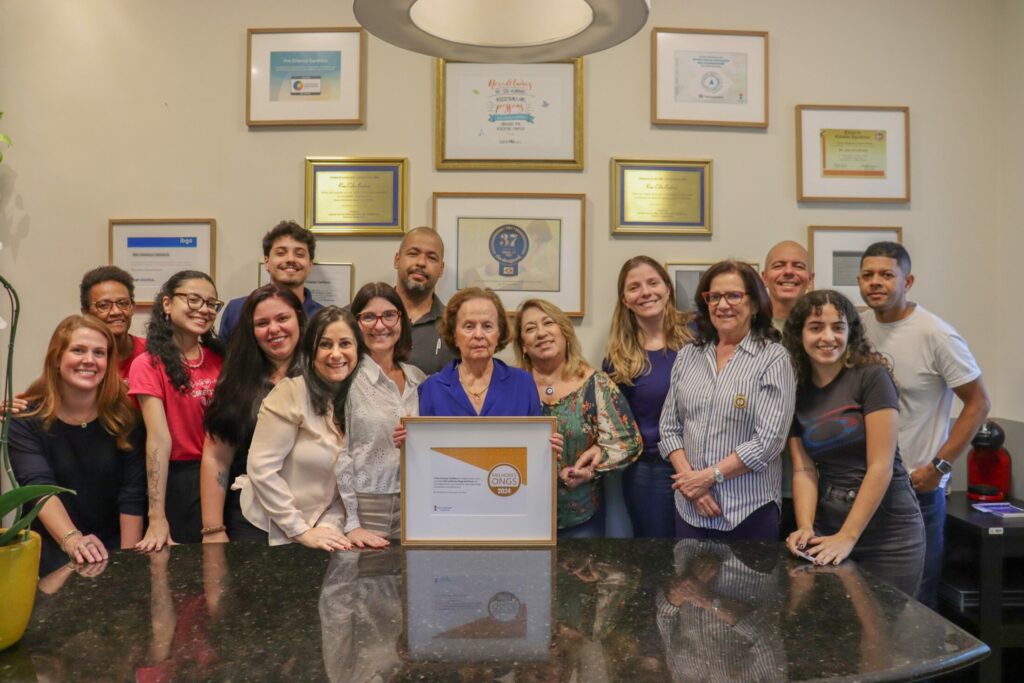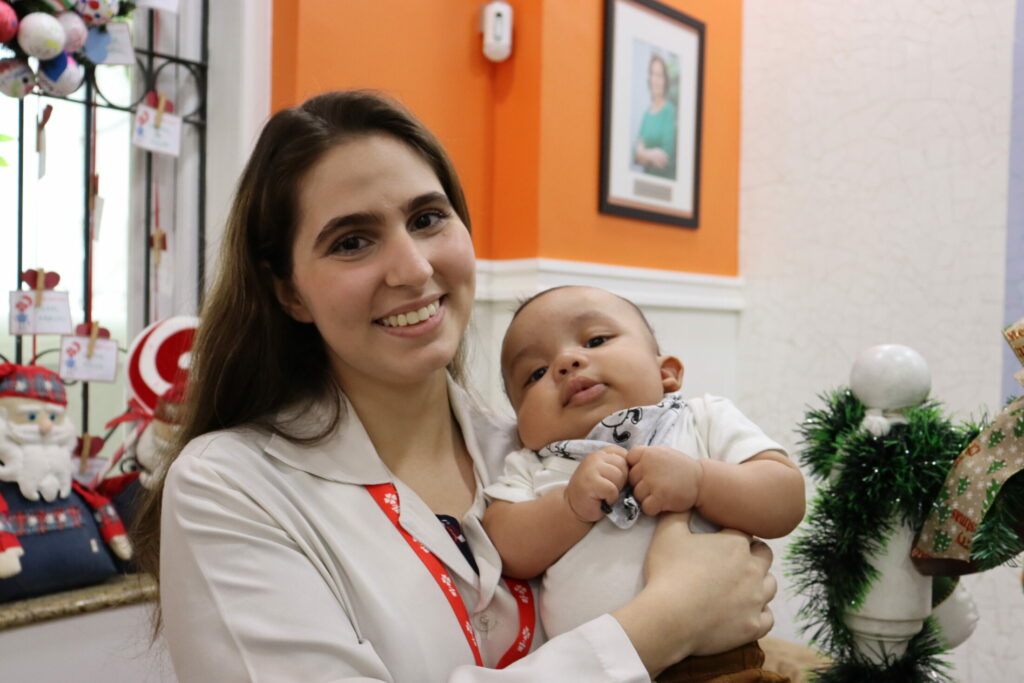Quality of life in heart disease
Quality of life in heart disease
06/29/2022
Cardiac malformations are considered one of the most common forms of congenital anomaly at birth. The incidence is about 1 in every 100 live newborns. Clinical manifestations vary according to the pathology and its severity.
The detection of cardiac malformations in the prenatal period has contributed to the increase in incidence, both in national and international studies. In Brazil, studies show the number of 25.7 thousand new cases per year.
Advances in surgical techniques and early diagnosis have enabled greater survival and improved quality of life for these patients.
Assessment of the quality of life of children and adolescents with congenital heart disease and the impact of the disease on society provides complementary information that can assist in clinical management by health professionals.
Although we have already found studies on the impact of congenital heart disease, we still need to learn a lot. There are many variables that involve this population and it is important to systematize knowledge on this topic.
In childhood, there is evidence that the presence of congenital heart diseases can affect height, motor, cognitive and neurological development, which can be even more pronounced in complex heart diseases. Changes in behavior, attention deficit and hyperactivity may be observed. Furthermore, the use of regular medication and recurrent hospitalizations can affect self-esteem, impacting the psychology of these children and adolescents. Maintaining health requires care from a multidisciplinary team.
Adolescents with heart disease must receive special attention, as at this stage they begin to have autonomy and need to understand the importance of cardiological monitoring and the use of medications, in addition to the need to maintain healthy habits. They must also be guided in relation to physical exercise, entry into the job market, and pregnancy and contraception.
Therefore, health care for patients with congenital heart disease must include care for their social and psychological needs as well as physiological ones, as a means of improving well-being and satisfaction with life.
Another fact is that the vast majority of publications take into account the perception of parents and/or caregivers, including the multidisciplinary team, and not the child. However, we have already seen that listening to and understanding the manifestations and valuing their experiences is essential. The report from the entire family, including siblings, also helps us to better understand what the pathology represents for everyone involved. Frequent and/or prolonged hospitalizations and travel to large centers where specialized care takes place can cause family breakdown. We also cannot forget the impact on the professional lives of mothers, who in some situations are forced to leave their jobs.
The family’s socioeconomic situation is another factor that must be observed, as not all families have the necessary resources for monitoring and treatment.
Pro Criança Cardiac focuses on caring for underprivileged children and adolescents with heart disease. With a multidisciplinary team of pediatric cardiologists, dentists, nutritionists, social workers, educators and psychologists, it ensures the appropriate management and treatment of patients. It offers medicines, basic food baskets, diapers and milk. Invasive procedures, laboratory and imaging tests are carried out at partner institutions, at no cost to families.
As a health institution, we have the role of contributing more and more to improving the quality of life of our patients and their families, through assistance actions.
by Dr. Isabela Rangel, Medical Director of Pro Criança
Related articles

The 2025 World Top SGOs Are Live

Pro Criança Cardíaca has already secured its registration for the 2025 Best NGOs Award
